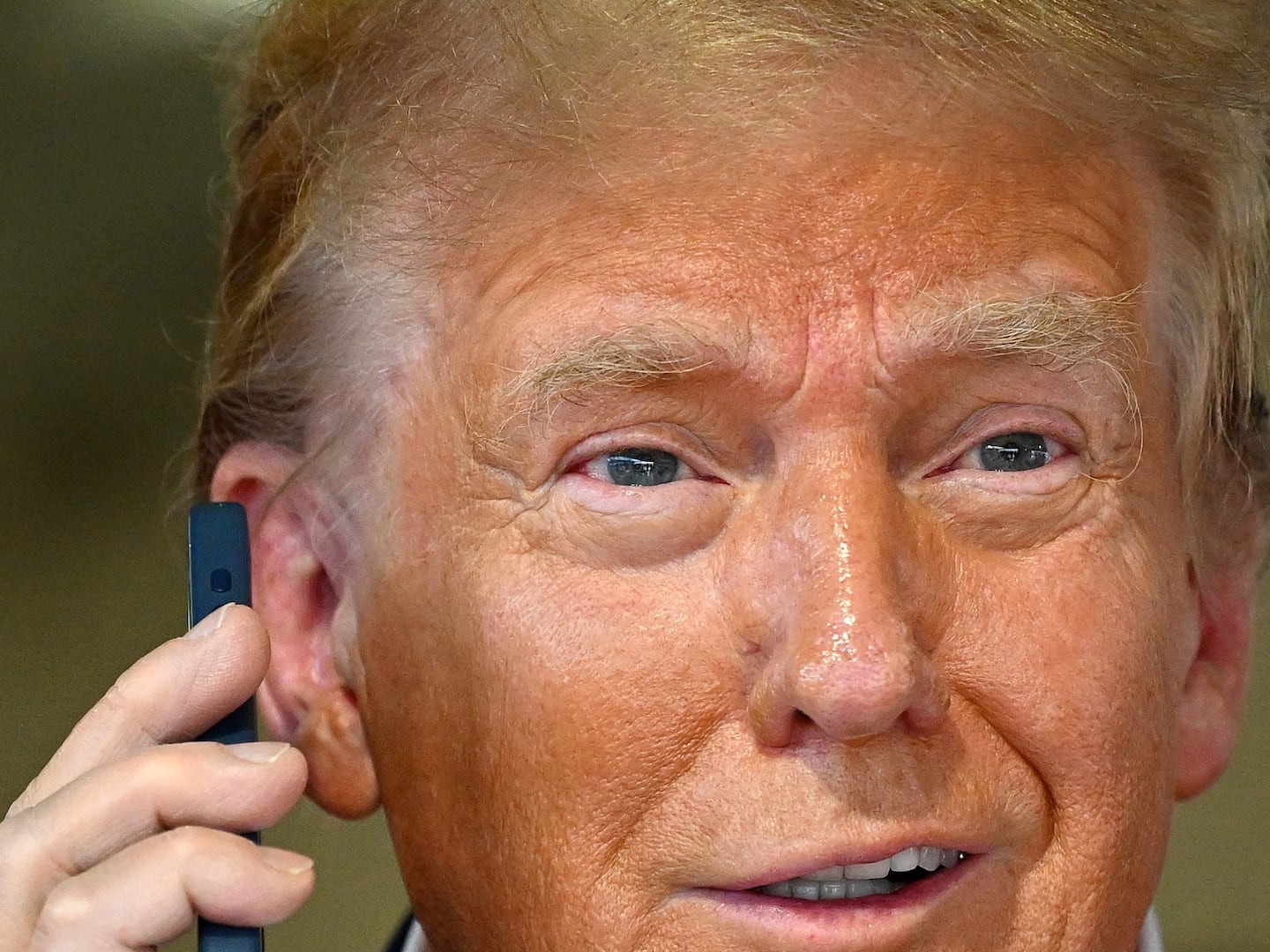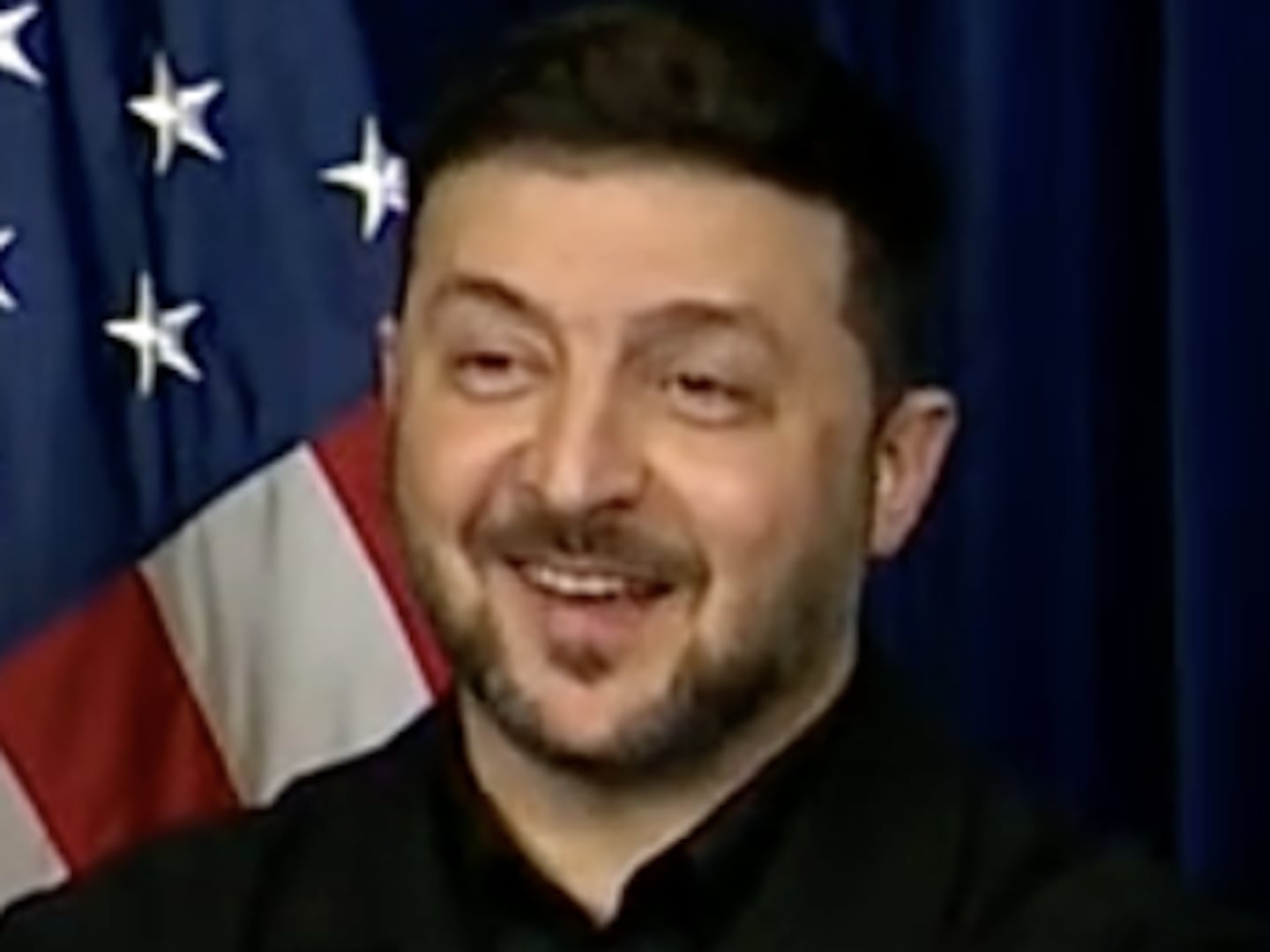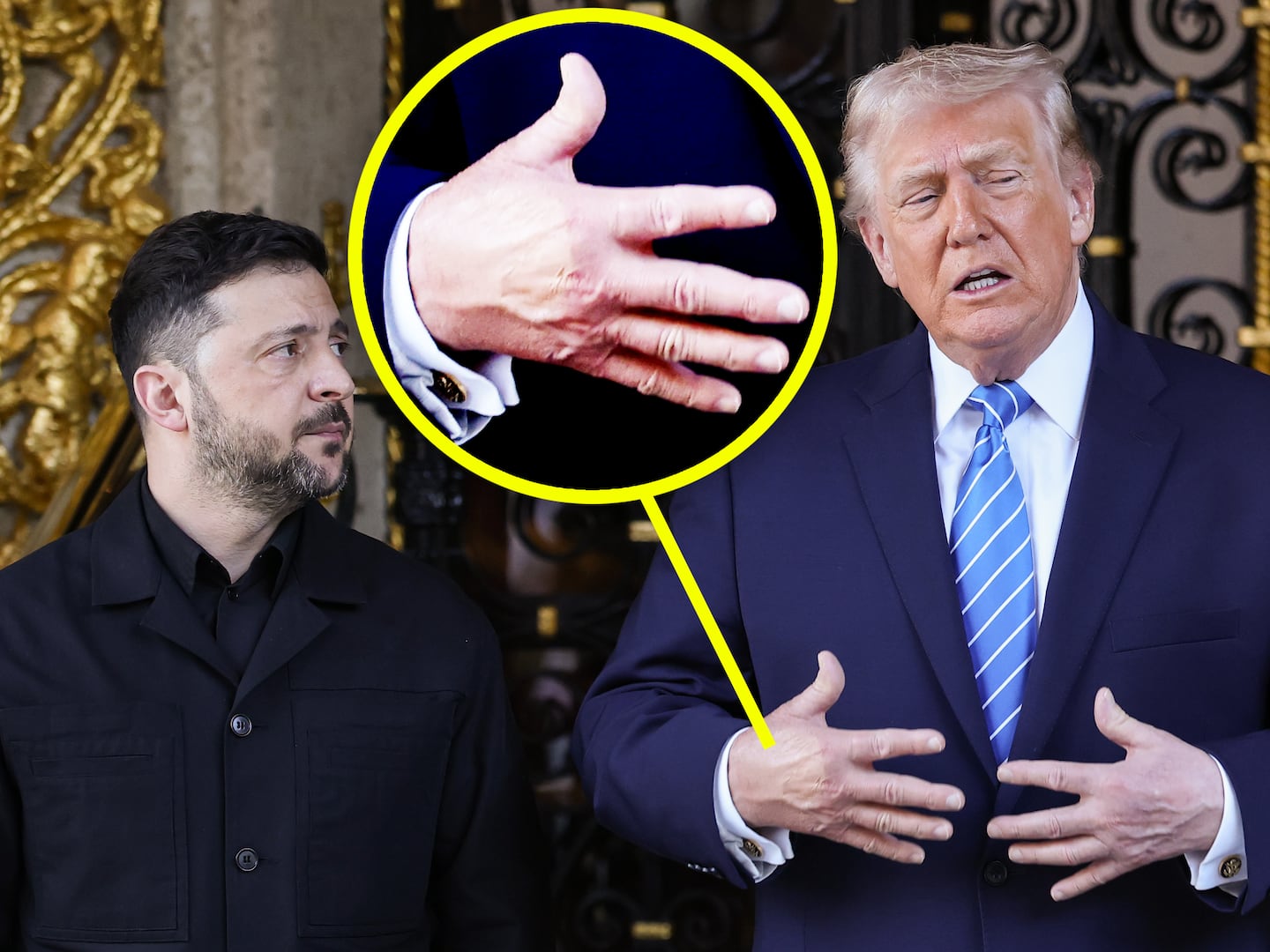
North Korea sure knows how to get President Obama’s attention on Memorial Day. And it’s not by extending an unclenched fist.
While its first nuclear test in 2006 was by all accounts a dud, Pyongyang’s test this morning at 9:54 a.m. GMT apparently yielded a more than respectable blast of between 4 and 20 kilotons.
That officially makes North Korea the ninth member of the world’s nuclear club—and the only state to have signed and withdrawn from the Nuclear Non-Proliferation Treaty, an international dike against proliferation now springing so many leaks that it risks collapsing.
Beijing can command North Korea’s attention in a way that Washington cannot. Until now, it has declined to do so, eager to shore up the ugly North Korean regime to prevent its collapse or reunification with South Korea.
What to do now? The expected denunciations are being proclaimed today at the United Nations Security Council, which is meeting to discuss what President Obama called North Korea’s “violation of international law,” and a “threat to international peace and security.” Such provocations, he added, “will only serve to deepen North Korea’s isolation.”
But the White House statement was short on specifics. Stating the obvious—that North Korea’s tests “warrant action”—President Obama said the U.S. would “continue working with our allies and partners in the six-party talks as well as other members of the U.N. Security Council in the days ahead.”
But all “partners” are not equal. China is the key to stopping North Korea’s nuclear-weapon activities. Just as Obama must cajole Beijing into supporting tough sanctions against another nuclear-power wannabe—the Islamic Republic of Iran—the administration must persuade China to do what it has so far resisted: Tell North Korea to cease and desist its nuclear development and dismantle the program, as it has previously pledged to do.
Make no mistake: China must now act. It supplies between 80 and 90 percent of North Korea’s electric power, 90 percent of its crude oil and all of its diesel fuel. Between 70 and 80 percent of North Korea’s food imports come through China. And while ailing autocrat Kim Jong Il clearly doesn’t care if his people starve, he might care if China nixes his apparent plans, as reported in The Wall Street Journal two days ago, to have his brother-in-law and third son succeed him.
As Thomas C. Reed and Danny B. Stillman argue convincingly in their terrifying new book, The Nuclear Express: A Political History of the Bomb and Its Proliferation, China is the only country with true leverage over North Korea.
A little nuclear history is in order here. Washington, these authors note, has tried myriad strategies to rein in Pyongyang since the end of the 1980s, when it developed enough fissile material for one or two atomic bombs. (It now has enough plutonium for five or six.) Washington has considered but always rejected military action—wisely, they believe, given U.S. troops' presence in South Korea and the vulnerability of our South Korean ally.
In spring of 1994, Reed and Stillman note, President Clinton’s Defense secretary, William Perry, developed plans to bomb North Korea’s plutonium reactor, but shelved the option out of concern that North Korea would attack South Korea.
North Korea then tested its bomb, a one-kiloton dud that achieved only 4 percent of its yield design, say Reed and Stillman. Though a technical failure, the test was a political success. It prompted the U.S. to return to six-party talks. This, John Bolton, the former U.S. ambassador to the U.N. argued only five days ago, “gave Kim Jong Il cover to further advance his nuclear program.”
In 2006, former Defense Secretary Bill Perry and fellow defense analyst Ash Carter urged President Bush in an essay in The Washington Post to "immediately make clear its intention to strike and destroy the North Korean Taepodong missile before it can be launched." They wrote: “Should the United States allow a country openly hostile to it and armed with nuclear weapons to perfect an intercontinental ballistic missile capable of delivering nuclear weapons to U.S. soil? We believe not.” (Ash Carter has since been appointed President Obama's undersecretary of Defense for acquisition.)
Nevertheless, the Bush administration wound up doing what its predecessors had done: negotiating again with Pyongyang through six-party talks. In 2007, Washington agreed to supply North Korea with one million tons of fuel oil in exchange for a pledge to dismantle its nuclear facilities. A year later, North Korea destroyed the cooling tower of its reactor, but quickly reverted to its usual tactics of ordering, then stopping, dismantlement, allegedly because of a dispute with Washington over how its 18,000-page list of atomic-related activities would be verified.
In April, North Korea launched a Taepodong-2 missile, prompting more international condemnation. The missile fell short of its target but North Korea scoffed at international criticism of the test. Its national pride wounded, North Korea vowed to escalate further. Now it has, with a second bomb test.
North Korea says it wants direct talks with the U.S. and no more sanctions. The Obama administration seems determined to return to the trap of six-party talks, which Bolton, a hard-liner on North Korea, calls “a charade" that reflects "a continuing collapse of American resolve.” Bolton also recently warned that U.S. acquiescence to a second North Korean nuclear test will “likely mean that Tehran will adopt Pyongyang's successful strategy.” Iran is obviously closely watching what happens to North Korea.
Fearing some serious economic sanctions or perhaps even more aggressive reprisals, Pyongyang has taken out additional insurance in the form of two American reporters it is about to put on trial for trumped-up charges. The fate of these women seems to hang in the nuclear balance as well.
But because there seems to be no viable military alternative to diplomacy, the Obama administration should play the only card it might have—China. Beijing can command North Korea’s attention in a way that Washington cannot. Until now, it has declined to do so, eager to shore up the ugly North Korean regime to prevent its collapse or reunification with South Korea. In this moment of nuclear crisis, with so much at stake, Obama must see who its real nonproliferation friends are.
Judith Miller is an author and a Pulitzer Prize-winning former investigative reporter for The New York Times. She is now an adjunct fellow at Manhattan Institute, a contributing editor to its magazine, City Journal, and a Fox News commentator.






